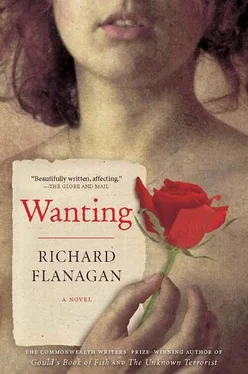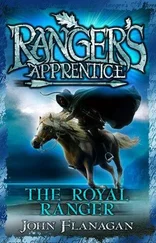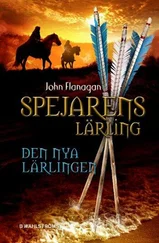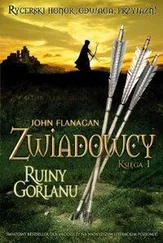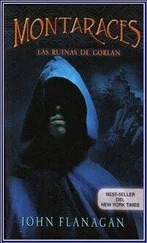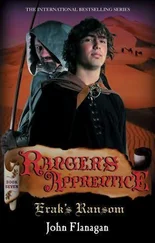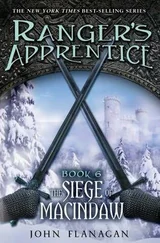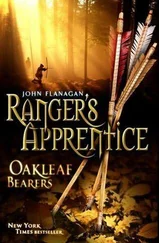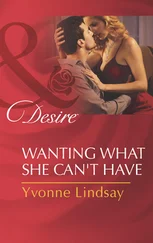‘Nell,’ she said. ‘Everyone calls me Nell.’
‘Nell,’ he said. ‘Very well, then.’ And in his imagination he had the overwhelming sense of those same arms, naked, wrapping around his neck, and those same hands rising up through the hair at the back of his head as if about to join in prayer. ‘You had better call me Charles.’
She smiled.
‘On account of your Old Curiosity Shop , sir. Little Nell.’
By the second night, people were being turned away in their hundreds. That afternoon Dickens and Ellen Ternan met for tea in the hotel dining room. Mrs Ternan was to come, but excused herself at the final moment because she had been contacted by an old friend, with whom she had once worked in theatre and who was now married to a cotton magnate.
‘A Cottonopolis contessa,’ said Ellen Ternan. ‘Now there is an invitation no one can say no to!’
And in this way, Ellen Ternan and Charles Dickens were for a third time alone together. Rather than cakes, Ellen Ternan ordered cherries, which the waiter assured her were the finest, all the way from Kent. But neither ate as they talked theatre, about which Ellen had several very funny stories new to him; politics, in which her views were not as disillusioned as those of Dickens, who could see very little prospect of any good arising, but felt the fight for sane progress must never be quit; literature, in which she shared with him a great love of the masters, Fielding and Smollett. Thackeray she enjoyed, but she secretly pleased Dickens—who was frequently beset by that most sincere of literary emotions, jealousy—when she said the great man struck her as a Clydesdale running in the Derby.
Then they laughed about things that had taken place over the last few days, he made many jokes, until, without reason, the conversation froze, and it became as impossible to talk as only a moment before it had been easy. After a silence that neither could fill, he spoke to her in a way that was halting and awkward.
‘For a long time I felt I degraded myself, giving in to what life had brought me. These last few days have…well, I can see, Nell, I can see I was wrong.’
None of what he said made any sense to Ellen Ternan. More from a sudden nervousness than any appetite, she placed a cherry she had been rolling in her fingers into her mouth, sucked the flesh for a moment as if it were a sweet, and then delicately rolled the still pulpy pit to her lips’ edge, took it between thumb and forefinger and dropped it in a bowl.
Dickens stared at that spent stone with its wet threads of red flesh. He envied its good fortune. With a sudden movement, as unexpected to him as it was to her, he scooped the pip up and swallowed it. Looking back up, his eyes caught hers.
She burst out laughing and he joined in, giggling at the absurdity of it. And at that moment he felt no shame, though he wished terribly that he might feel shame, or fear, or at least concern. But to the contrary, he felt intoxicated.
Not long after Ellen Ternan returned to her room, there was a knock at her door and a messenger with an envelope. Inside it was a card with hotel letterhead and a message in the distinctive hand she now knew as that of Dickens. ‘ Dear Miss N ,’ it began.
I wish you to know that you are the last dream of my soul. In my degradation, the sight of you has stirred old shadows that I thought had died out of me. Since I have known you, I have been troubled by a remorse that I thought would never reproach me again, and have heard whispers from old voices impelling me upward that I thought were silent for ever. I have had unformed ideas of striving afresh, beginning anew, shaking off sloth and sensuality, and fighting out the abandoned fight. A dream, all a dream, that ends in nothing and leaves the sleeper where he lay down, but I wish you to know that you inspired it.
Burn this card.
C.
Ellen Ternan read and reread the card. She did not burn it. She did not really understand it. It made no more sense than his mysterious words over tea. It confused her and excited her and pressed on her. She knew it meant something, something large and ominous, but what that large and ominous thing was eluded her thinking.
Was this not a personal communication from the most famous writer in all of England addressed to her—Nelly Ternan? And was that not the most marvellous and extraordinary and remarkable thing, and was it not that this most famous writer in England thought her interesting and clever and inspiring?
She held the card close to her chest, longing to run into the room next door and tell Maria, but something warned her against that action. It was the most marvellous, extraordinary, remarkable thing—yet instead of telling her sister, she hid the card away at the bottom of her carpet bag. Was it those words ‘Burn this card’? She could not say. It was not age; after all, several of her friends—perfectly respectable—had married at fifteen and sixteen, some to men three times their age. No, it was something else. Mr Dickens was married. She hid it—why did she hide it? She did not know, only that doing this, if nothing else, was wise.
That night, Dickens was once again Wardour, and Wardour was even more possessed, demonic, remorseful, redeemed. Once more, he sacrificed himself for love. The sobbing of the front rows could be plainly heard.
As he played the role, Dickens was more than ever determined to behave nobly and selflessly, like Wardour. It could not go on! He must cut himself adrift from Ellen Ternan, no matter the cost, the anguish, the misery, the waking death that would be his life henceforth.
‘It was the greatest performance of the play that I could have imagined,’ Wilkie told Dickens after. ‘You literally electrified the audience.’
He could not know that, as the applause rained down and down at the play’s end, a strange sensation grew and grew in Dickens until it was the most terrible fear. He was advancing down a narrow tunnel, through the blackness of that overwhelming noise, to a place from where he would never return.
SEVERAL MONTHS AFTER the Franklins departed, the authorities once more grew concerned about keeping Van Diemen’s Land free of black rebellion. This terrifying prospect was embodied in the only native who remained: a twelve-year-old child who had largely ceased to talk and who, in a way she had learnt in Crozier’s cabin and refined in the company of the other children at the orphanage, had become absent from her life.
‘Some even believe she cast a Satanic spell over the previous Governor,’ said Montague, as the new Governor scanned the memorandum recommending Mathinna be sent back to what remained of her exiled people on Flinders Island.
‘I am an Anglican,’ said the new Governor, throwing sand over his quickly scrawled signature, ‘and thus I am relieved of the burden of having to believe in anything.’
Since so many others had left them forever, the Wybalenna natives were excited to have one child return. The arrival of Mathinna was an event. They posted lookouts on Flagstaff Hill, they rushed to the beach waving when the sloop berthed, and they began shouting when they saw the ship’s tender being lowered with a skinny black child sitting in its bow. They put their arms around her when Mathinna stepped out of the boat. It was like being the black princess of Hobart all over again. It was like the theatre plays that sometimes came to Hobart and to which Lady Jane had taken her. Only now she was both the actor and the audience.
Mathinna showed neither joy nor happiness till she realised no one would make her wear clogs on the pain of beating if she didn’t. She took off the heavy pine slippers. The skin of her feet was soft and white and flaky. The ends of her toes looked as if they had been wrapped with wet dough. She scrunched them back and forth in the wet sand of the Wybalenna beach. Behind her, waves roared. The air smelt of tea-tree and salt and life. In front of her, fairy wrens darted in the flotsam, brilliant blue in the glistening bull kelp.
Читать дальше
